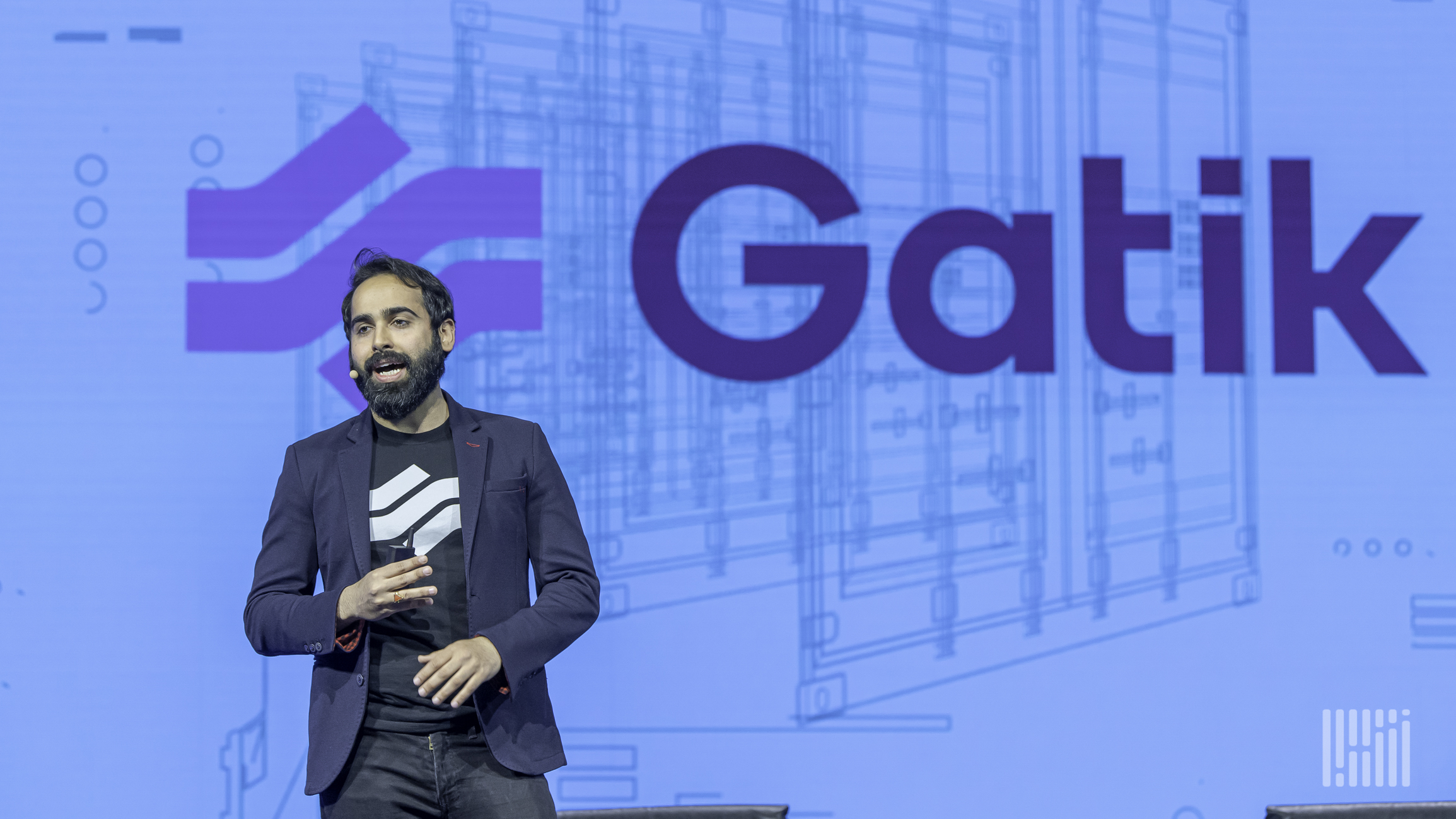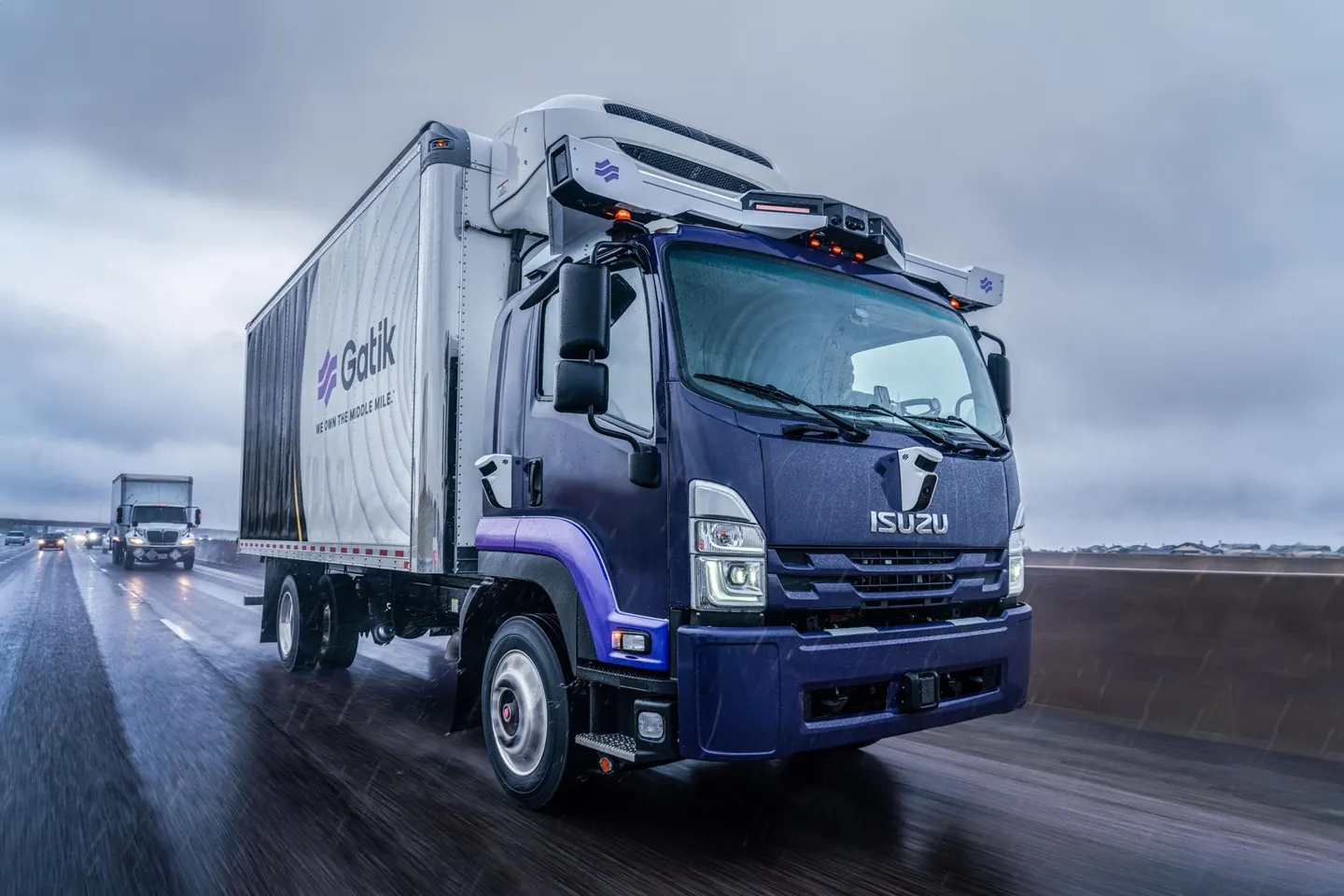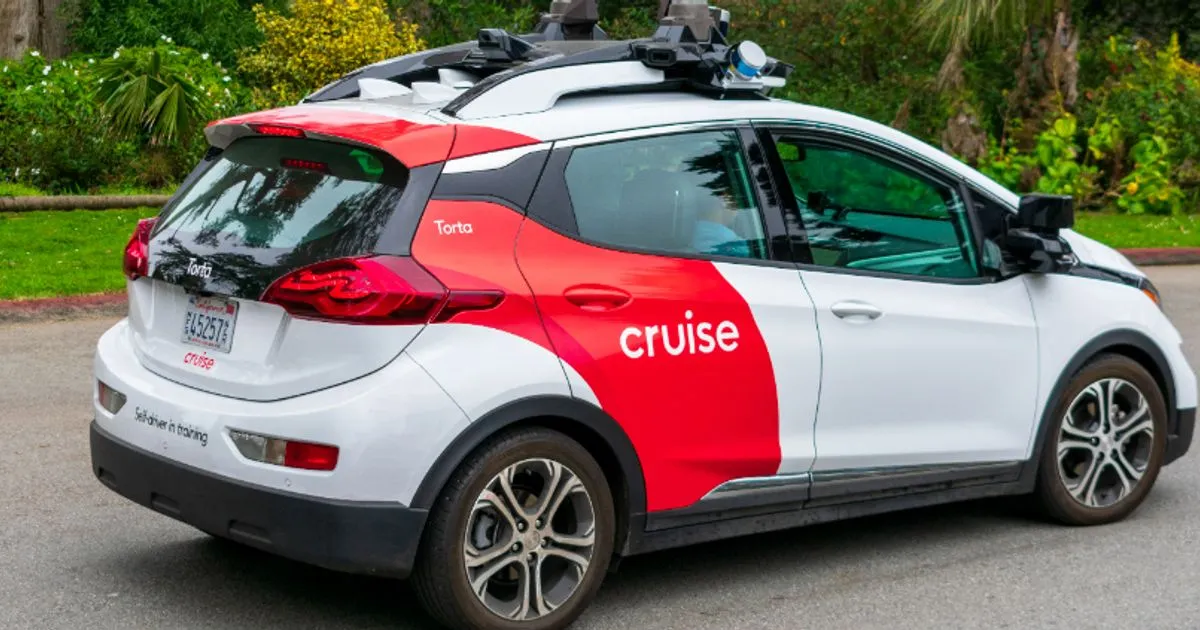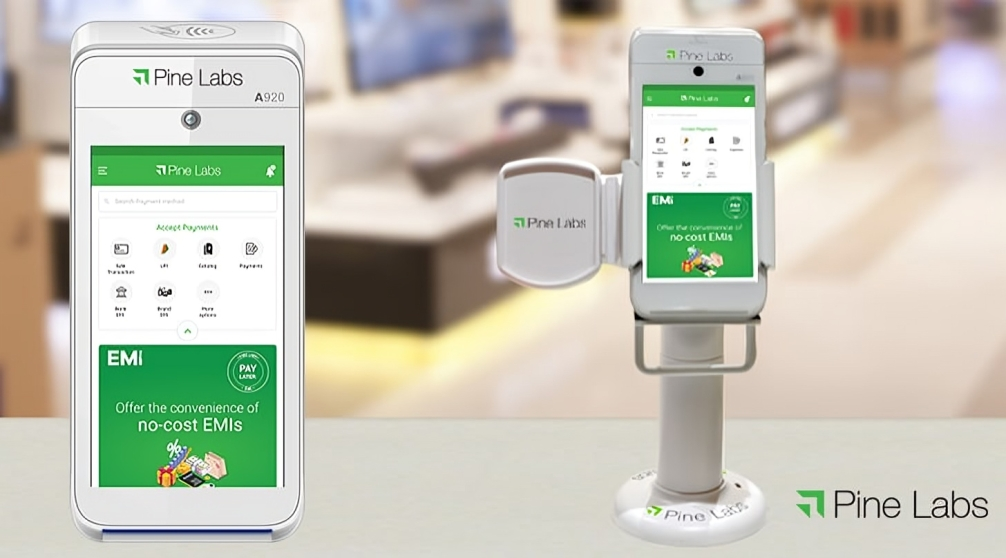Gatik, a Silicon Valley autonomous driving business with hundreds of commercial vehicles, announced a first-of-its-kind cooperation with Isuzu to create robotic commercial cars and a $30 million equity investment from the Japanese truck maker
Gautam Narang, CEO and co-founder of Gatik, told Forbes that the next-generation vehicles, which enter production in 2027, will be assembled at a new Isuzu factory and incorporate Gatik’s technology.
According to him, Isuzu’s investment in Gatik, a technology company with its headquarters in Mountain View, California, brings the total amount of funding in the business to over $200 million.

The trucks will be equipped with Level-4 capability, a technical term denoting the presence of adequate computing capacity, software, and sensors to function autonomously without the need for a human operator.
Narang stated, “As far as we know, this is the first time a truck manufacturer has committed to mass production of Level-4 autonomous trucks.” “We consider it economic, technological, and use case validation.”
This strategic move enables Gatik to substantially expand within North America’s $250 billion middle mile market.

A Forbes AI 50 alumnus developed robotaxis not to contend with Alphabet’s Waymo but to transport commercial cargoes on fixed routes between warehouses and supermarkets and big box stores for Walmart, Kroger, Tyson Foods, Georgia Pacific, Pitney Bowes, and Canada’s Loblaw supermarket chain.
These are among the unremarkable but potentially lucrative niches that Gatik seeks to master. Gatik’s fleet of 70 medium-duty trucks, the majority of which are modified Isuzus, performs middle-mile runs on city streets at up to 45 miles per hour without a safety driver.
However, the fleet has begun operating autonomously at speeds of up to 65 miles per hour on highways with a human backup driver.
Narang stated that Gatik’s revenue is increasing but declined to provide further information. He does anticipate that the new Isuzu agreement will result in hundreds of commercially operational vehicles for the company by the end of the decade, and he also intends for it to be profitable. He stated, “We will be the first to receive vehicles off this Isuzu assembly line.”
The commercial collaboration is noteworthy in light of the turmoil surrounding autonomous vehicle manufacturers. Companies developing self-driving trucks, including TuSimple and Embark, have ceased operations in recent years; others, including Nuro, have reduced personnel to scale up commercial operations; and industry leader Waymo has abandoned its robot truck program to concentrate solely on robotaxis. Cruise, funded by General Motors and other autonomous vehicle (AV) companies, has been sidelined due to safety concerns.

Narang claimed that Gatik’s ability to generate revenue through five-year customer commitments and commercialize its technology in collaboration with Isuzu set it apart from many rivals.
“An ongoing challenge in the AV industry is that revenue is not the focal point.” “That has become crucial for us, and our company’s primary concern is whether or not we are experiencing profitable growth,” he explained. “We have been openly offering freight-only operations on a large scale.” “Towards the end of this year, we are striving to achieve that objective.”



